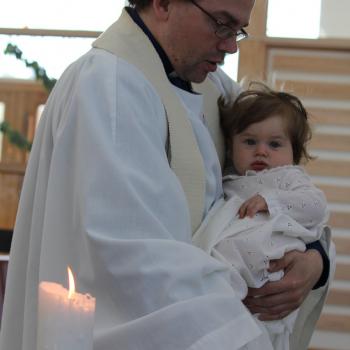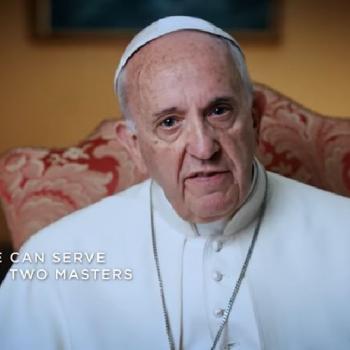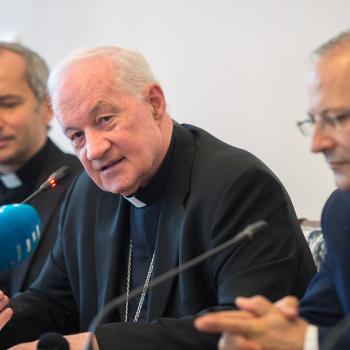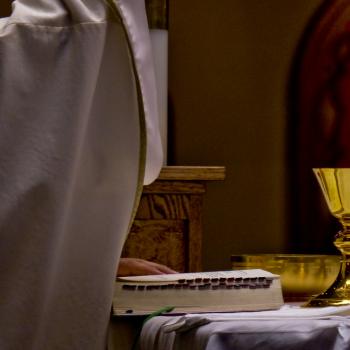Cardinal George Pell continues on his “leave of absence” from his post as Prefect of the Vatican Secretariat for the Economy to fight charges of historical child abuse in his native Australia. And the Vatican has done more than simply keep silent. “Stunning” step though this is – “the fact that the Vatican has made no protest at the prospect of a prince of the Church standing trial before a civil magistrate” – signs are that the personnel of the Holy See’s Finance ministry are preparing for the eventuality that Pell may never return to Rome.
The interim coordinator of the Secretariat for the Economy, Luigi Mistò, dropped a strong hint last week that the Australian cardinal’s days in the Vatican might be finished, even if he is eventually acquitted of the abuse charges he faces. Speaking in Rome at a conference organized by the Quadragesimo Foundation on “Investing for the common good. The ‘Catholic rating’ of investments”, Mistò affirmed that Pope Francis’ reform of the Vatican’s finances “is moving forward” even in Pell’s absence. That is, after the “settling movements” inevitable after the “earthquake” that was Bergoglio’s initial restructuring of the Holy See’s balance books.
Mistò, a priest of the Diocese of Milan, outlined in his talk two “important goals that the reform has already achieved”. First, a “budgeting culture”, whereby each Vatican department receives financial resources which are “agreed upon, fixed and then managed with extreme care in the perspective of absolute fairness and transparency”. And second, a “procurement code”: “a regulation that unequivocally guarantees all the acquisition activities by the Vatican entities, when purchasing in general, in particular in real estate but also securities and finance areas”.
What was most revealing, though, in terms of the future possibly awaiting Pell, was Mistò’s assertion that the Secretariat for the Economy is mostly involved in the “daily support” of the individual institutions that make up the Holy See. That is, the Secretariat’s job is “a control activity linked to the so-called bonus pater familias style, which is far from that of a strict controller who must show the yellow or red penalty card: this is not out style of ecclesial vigilance”.
Why should such language be important? Because the idea that the Secretariat for the Economy acts as a bonus pater familias represents the antithesis of everything Pell has tried to achieve since he was appointed to his post in 2014. The technical legal term denotes the ordinary standard of diligence – that of a “reasonable man” – that Mistò understands is incumbent on the Secretariat for the Economy. The important point is that this standard is below the professional diligence – that of a reasonable banker – that Pell has always called for.
In December 2014, Cardinal Pell famously wrote in the Catholic Herald that while modern accounting standards are a priority for “Anglos”, they “might be much lower on the list for people in another culture, such as the Italians“. How frustrating for him that his civilizing mission in Rome has resulted in the return to the Vatican of the bonus pater familias, that figure par excellence of Mediterranean law and culture.












